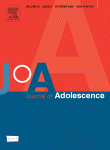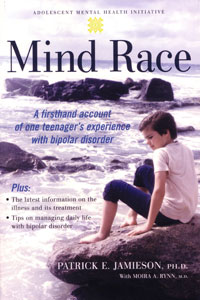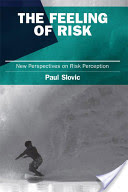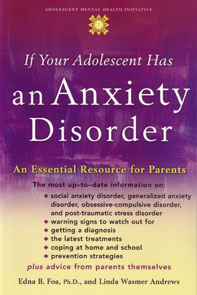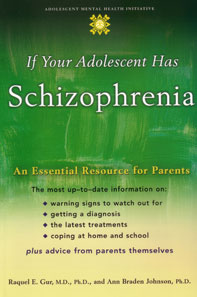About 40 percent of adolescents ages 14 to 22 who use social networking sites such as MySpace report that they had been contacted online by a stranger not known to them or their friends, according to a national survey released today. This rate is about twice as high (20 percent) as the reported contact among
Health and Risk Communication
Annenberg Studies of Smokers Cited in Recent Tobacco Ruling
Annenberg Public Policy Center research on the smoking habits and risk perceptions of young people was cited in a federal court decision last week that concluded that cigarette makers had engaged in a half-century conspiracy to deceive the public about the dangers of smoking. That deception has resulted in “an immeasurable amount of human suffering,”
Internet Ranks Highest for Promoting Political Awareness and Civic Involvement Among Young People
The Internet is the best information source for promoting political awareness and civic engagement among youths aged 14-22, according to findings reported in the June issue of Communication Research. Conversely, a heavy diet of television viewing lowered political awareness. Newspaper consumption among youths heightened political knowledge, but did little to motivate the readers to become
Local News Coverage of Suicides Triggers More Copycats than National News Stories
News coverage of suicides by local television and newspapers is more likely to trigger suicide attempts in others than national news stories on the subject, according to a new study that tracked reporting and health statistics in six U.S. cities. The study, published in the current issue of the Journal of Communication, is the most
